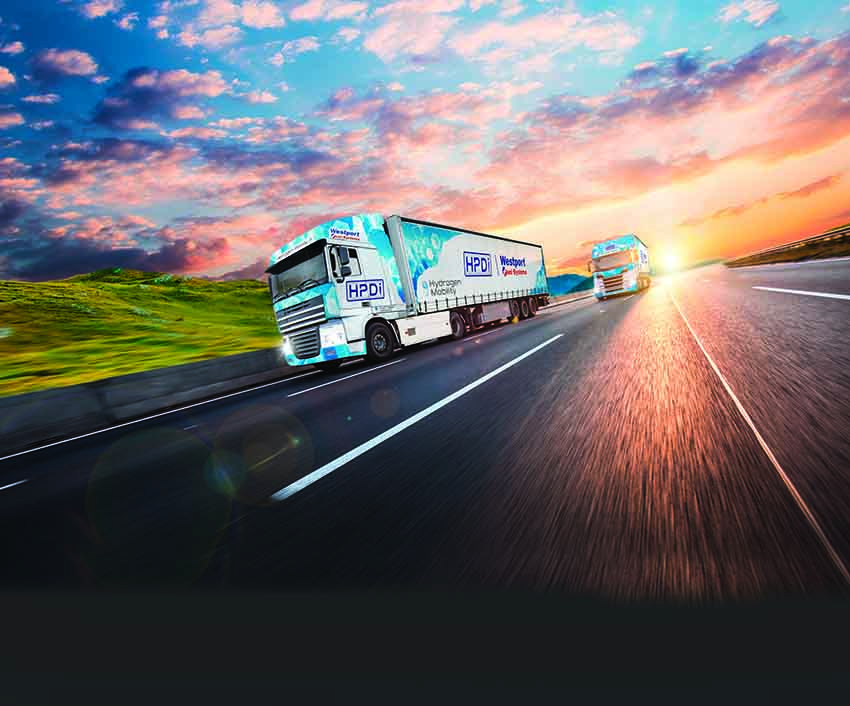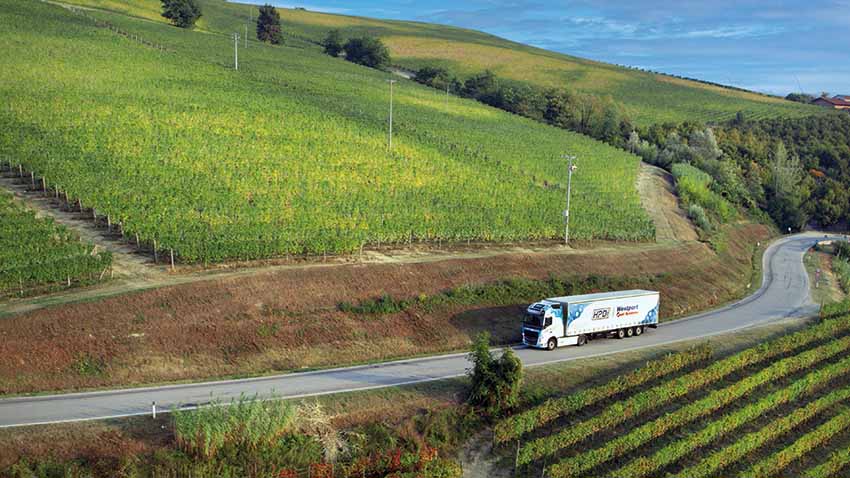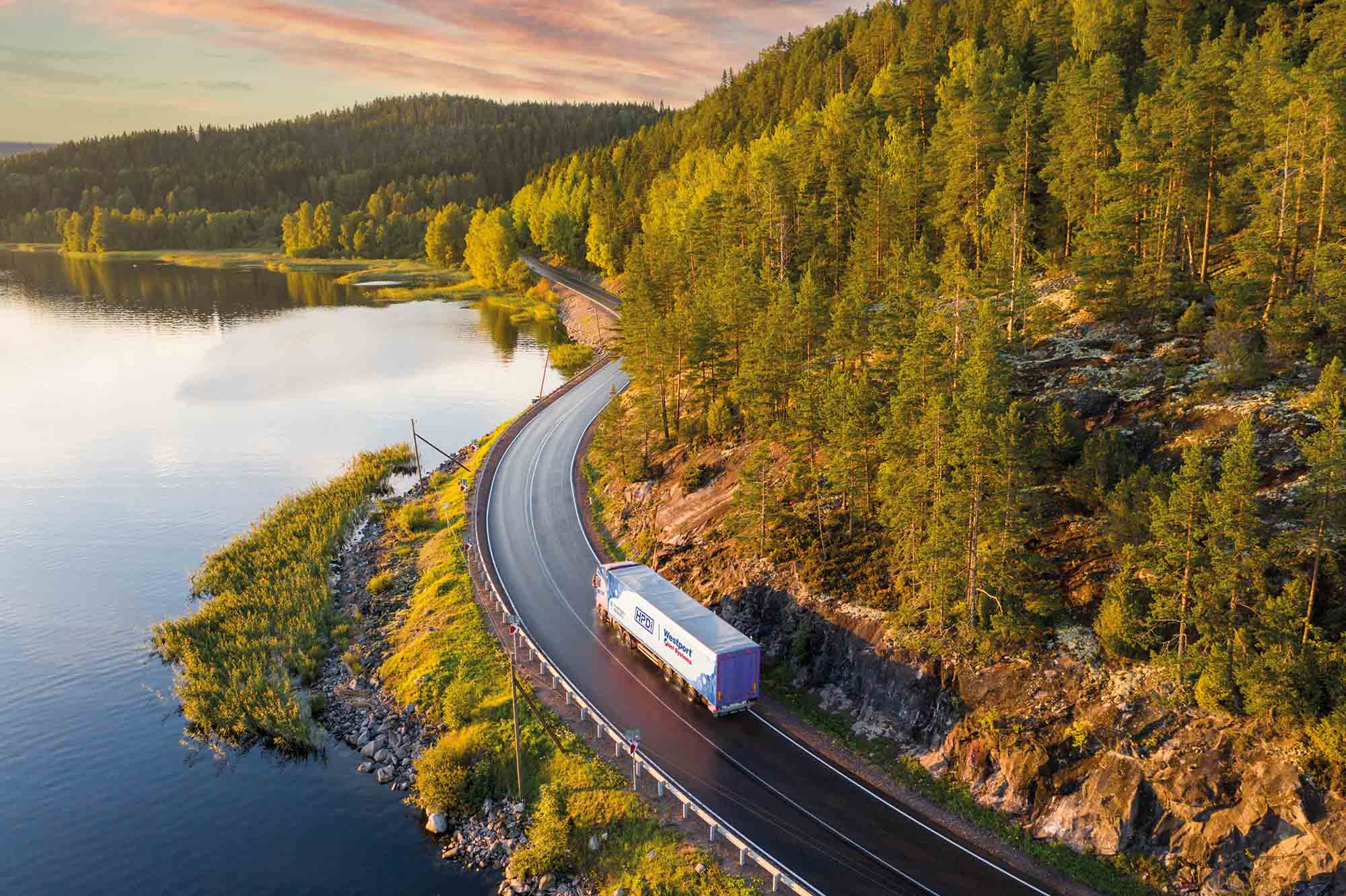Westport Fuel Systems is a global company focused on engineering, manufacturing, and supplying alternative fuel systems and components for transportation applications. More than $300 million revenue, 10 brands, 70 countries, 50+ years in the business, around 1,800 global workforces: this is WFS in numbers.
Interview with Corrado Storchi, Communication and Public Affairs at Westport Fuel Systems Italia.
Easy Engineering: A brief description of the company and its activities.
Corrado Storchi: Our diverse product offerings sold under a wide range of established global brands enable the use of a number of alternative fuels in the commercial sector which provide environmental and/or economic advantages as compared to diesel gasoline, batteries or fuel cell powered vehicles. The Company’s fuel systems and associated components control the pressure and flow of these alternative fuels, for most part, liquid petroleum gas (“LPG”), compressed natural gas (“CNG”), liquified natural gas (“LNG”), renewable natural gas (“RNG”) or biomethane, and hydrogen. We supply our products in more than 70 countries through a network of distributors, service providers and directly to original equipment manufacturers (“OEMs”) and Tier-1 and Tier-2 OEM suppliers. We also provide delayed OEM (“DOEM”) offerings and engineering services to our customers and partners globally. Today, our products and services are available for passenger car and light-, medium- and heavy-duty truck applications What are the main areas of activity of the company?
We sell systems and components across a wide range of brands, primarily through a global network of distributors that consumers can purchase and have installed onto their vehicles to use LPG or CNG fuels, in addition to gasoline. This is called “Indipendent Aftermarket”.
We directly or indirectly convert new passenger cars for OEMs or importers, to address local market needs when a global LPG or CNG bi-fuel vehicle platform is not available directly from the OEM. This is called Delayed OEM (“DOEM”) market.

We sell systems and components to OEMs that are used to manufacture new, direct off the assembly line LPG or CNG-fueled vehicles. This is called “Light-duty OEM” market.
We sell systems and components, including HPDI 2.0 fuel system products, to engine OEMs and commercial vehicle OEMs. That’s the “Heavy-duty OEM” market.
E.E: What’s the news about new products?
C.S: Freight transportation is the new frontier for the company, especially heavy commercial vehicles. Westport already supply well known OEMs with LNG systems and aims to repeat the same success, if not more, with hydrogen systems, which are able to let internal combustion engines work with H2 instead of diesel.
We are thrilled to have demonstrated in the next years to come that our HPDI technology works brilliantly with zero-carbon hydrogen and enables the most affordable way to use green hydrogen in long haul, heavy-duty transportation applications, and other important high load applications like rail and mining. We believe we have a disruptive, game-changing technology using the internal combustion engine with hydrogen fuel and our HPDI fuel systems. I look forward to updating our shareholders in 2022 as we continue to make further development and commercialization progress.

E.E: What are the ranges of products?
C.S: Heavy duty vehicles >16 tons are our priority in the short-midterm, thanks to our HPDI system.
Our fully integrated HPDI 2.0 fuel systems, enables diesel engines using primarily natural gas fuel to match the power, torque, and fuel economy benefits found in traditional compression ignition engines using only diesel fuel, resulting in reduced greenhouse gas emissions and the capability to cost-effectively run on renewable fuels.
The whole range of passenger cars can use our LPG and CNG systems.
We design, develop, produce and sell hydrogen components for transportation and industrial applications. Also, we are adapting our HPDI fuel systems to use hydrogen or hydrogen/natural gas blends in internal combustion engines. This segment of our business saw substantial growth in 2021 and remained strong in 2022.
We also manufacture LPG fuel storage solutions and supply fuel storage tanks to the aftermarket, OEM, and other market segments.

E.E: At what stage is the market where you are currently active?
C.S: LPG and CNG systems markets are mature ones, since decades. Company’s presence in LNG one is also at top level. The H2 market is at a very earl stage but we already sell our components to some customer and we are at an advance stage of development for H2 full systems.
E.E: What can you tell us about market trends?
C.S: No doubt about electrification of passenger cars, but 6.8 millions of charging stations across Europe within 2035 is far to be an easy goal to achieve (they’re around 300,000 for the time being). We feel LPG cars still have a long-term horizon and there are a lot of growing markets for our business out of Europe. LNG and H2 for freight transportation, as said, are anyway the long-term most interesting markets.
E.E: What are the most innovative products marketed?
C.S: Westport’s HPDI system allows for 4 years a strong emission reduction and money savings on LNG-powered trucks. H2 HPDI will make it also better.
E.E: What estimations do you have for 2022?
C.S: Following the COVID pandemic in 2020, and global supply chain disruptions in 2021, your Company is facing the future with a much stronger foundation. Despite the global challenges we and our industry faced, 2021 was a year of strong recovery for Westport Fuel Systems. With record annual revenue, we topped our prior record in 2019, due to growth in our OEM business driven by sales of our patented and proprietary HPDI fuel systems.

We are transforming our business to meet the needs of our OEM customers around the world. The demand for our products continues to grow significantly, as global emissions standards require cleaner transportation and markets are demanding affordable transportation. Our HPDI fuel systems are successfully being integrated into Heavy Duty OEM applications in Europe and China. As the leading alternative fuel systems provider in the passenger car and commercial vehicle segments in India, we continue to serve growing opportunities in this developing market. We are seeing an increased uptick in this key emerging market as government action is dramatically expanding natural gas filling stations, while regulations for lower emissions combined with customer demand for affordable transportation have made India an important growth market for natural gas vehicles. Our products are meeting the demand in countries across Europe, Africa and Asia. Our OEM sales now represent nearly 2/3 of our business, up from 50% before the pandemic.
The chip crunch and yet lasting Covid-19 impacts still have a hard influence on the market, anyway.
Companies able to cross the storm will get interesting success afterwards. And we will be among them.

